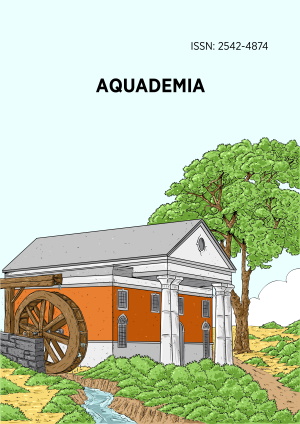Abstract
A Pesaguan Dayak community is a group of indigenous people living in the upstream area of the Pesaguan river, Ketapang Regency of West Kalimantan, Indonesia. The community utilizes plants and animals for daily life, a highly dependent on nature. The local utilization has not been known widely, including for traditional medicine, ethnic rituals, and food sources. Loss of natural resources and traditional knowledge so rapidly due to high pressure on the resources and intervention of modern culture and development. This research aimed to determine plants and animals’ potential as medicine, traditional rituals, and food used for the Dayak Pesaguan community and to see a possible use for biology learning material. This study used a qualitative method, describing potential plants and animals, and a quantitative approach of validation test to analyze the possible use for biology learning material. The research found 22 plant species and ten animal species used as medicine. There were 15 plants and seven animal species promising for traditional rituals; ten plant species and twelve animals were used as traditional food. A customary knowledge of plants and animals has potential as medicine, food, traditional rituals, and science learning resources for junior high school as well as senior high school biology learning sources.
License
This is an open access article distributed under the Creative Commons Attribution License which permits unrestricted use, distribution, and reproduction in any medium, provided the original work is properly cited.
Article Type: Research Article
AQUADEMIA, Volume 6, Issue 2, 2022, Article No: ep22010
https://doi.org/10.30935/aquademia/12427
Publication date: 06 Sep 2022
Article Views: 2725
Article Downloads: 1760
Open Access References How to cite this article
 Full Text (PDF)
Full Text (PDF)